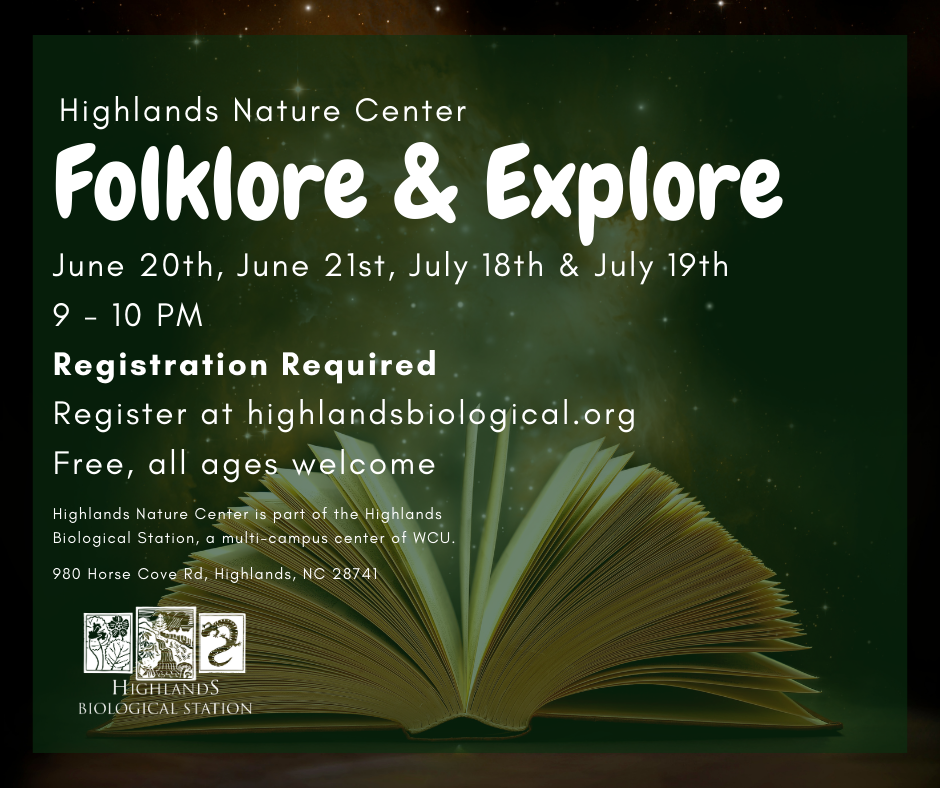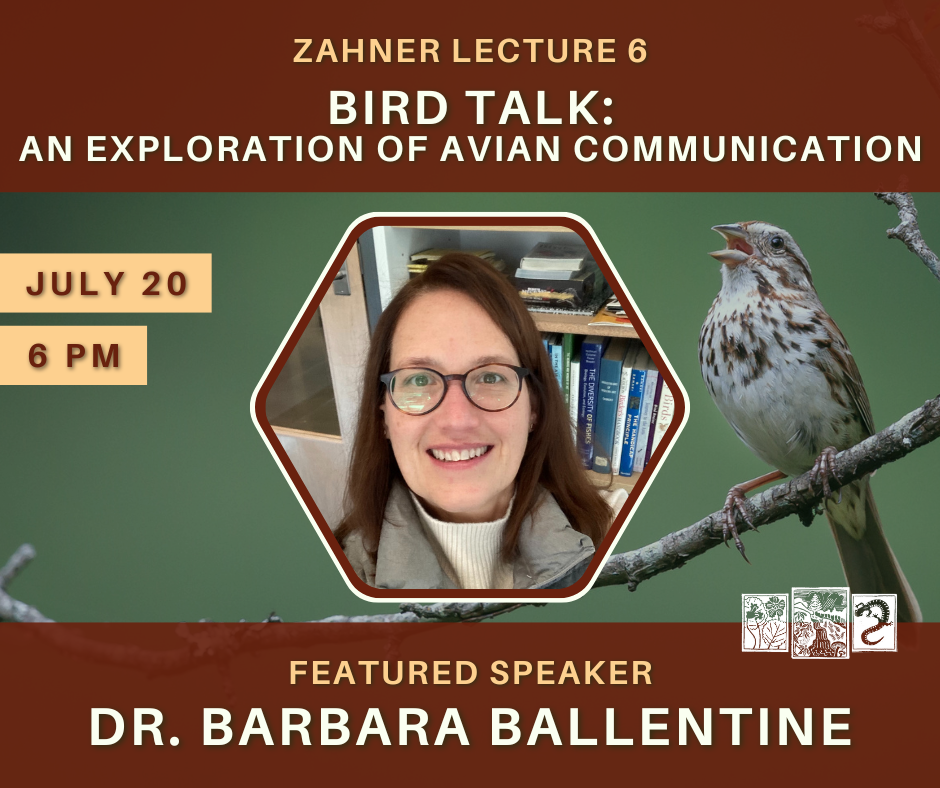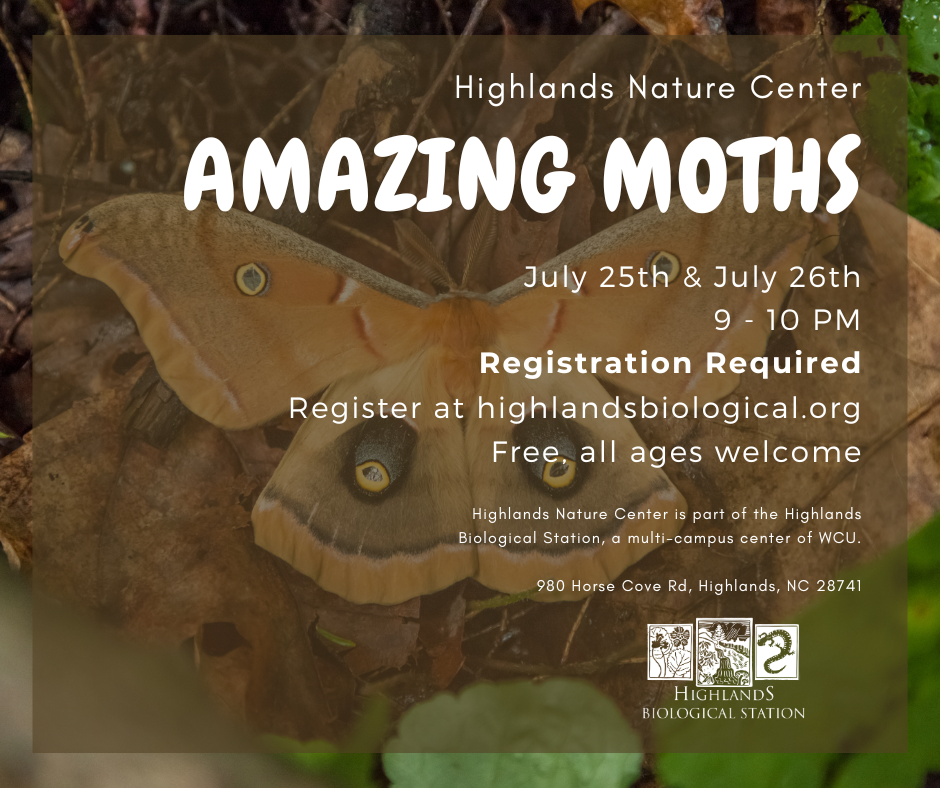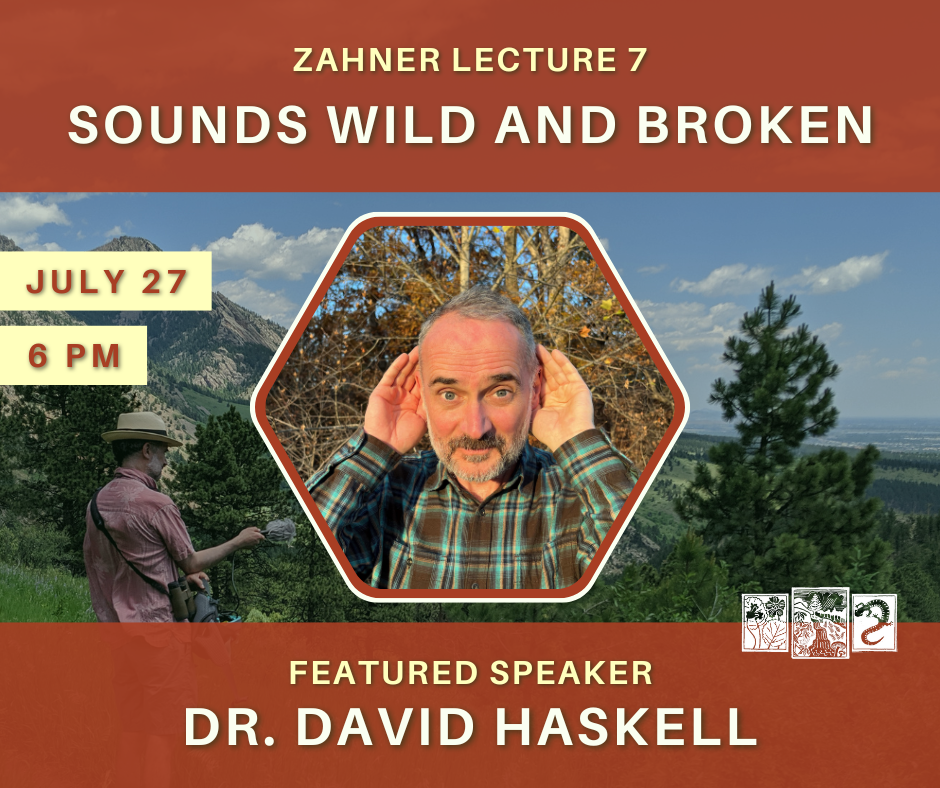Events
-
-
Introduction to Brightfield and Fluorescence Microscopies
Highlands Biological Station 265 North 6th St, Highlands, NC, United StatesInstructor: Dr. Bob Youker (Western Carolina University) In this lecture/lab course, students will learn how to prepare their field samples for brightfield and fluorescence microscopic examination. Students will also learn how microscopes generate images, the experimental conditions needed for optimal imaging of their specimens, and learn basic image processing techniques for analysis. The course will be a combination of lecture and hands on specimen preparation and imaging (lab). Students can either provide specimens from their field research, or work with the instructor to collect rotifers and other aquatic micro-invertebrates from the field to use in the lab portion. Lab time will be centered on learning the parts and functions of modern brightfield and fluorescence (widefield & confocal) microscopes, preparing specimens (e.g., staining with fluorescent dyes), and acquiring images of their specimens for analysis. Students will learn to acquire images using a widefield fluorescence microscope and take a “field trip” to WCU to use the state-of-the-art Leica Stellaris 5 confocal microscope. We will also discuss some other modern approaches to fluorescence microscopy, such as electron and super-resolution microscopies. Each student will prepare a final report that compares brightfield to fluorescence images taken of their samples. The student will explain in detail the features observed using both methodologies and the advantages and disadvantages of each method. The student will also give a short oral presentation on one microscopic technique not covered in the course and this topic will be selected from a list provided by the instructor. Pre-requisites: Introductory biology sequence For more information, visit https://highlandsbiological.org/summer-2023-academic-courses/.
-
Mushrooms of the Carolinas and the Southern Appalachian Region
Highlands Biological Station 265 North 6th St, Highlands, NC, United StatesInstructors: Alan and Arleen Bessette Due to this workshop’s popularity, priority will be given to those who haven’t taken the workshop before. This workshop will focus on the mycological diversity of North & South Carolina, and the Southern Appalachian Region. Activities will consist of lectures/presentations on topics such as (but not limited to): Identification Techniques, Major Groups of Fungi, Ecology, Edibility & Toxicity; daily field work (forays); and laboratory/class activities where participants will be introduced to the use of field keys, microscopy, documentary photographic techniques, and more. Designed for beginners wanting a solid introduction to mycology, and for more advanced individuals wishing to pursue their personal mycological interests, this workshop facilitates learning in a relaxed group setting in a unique and mycologically rich area. Cost: $500 workshop fee + $300 housing fee (strongly encouraged) For more information, visit https://highlandsbiological.org/summer-workshops/.
-
Forest Ecosystems of the Southern Appalachians
Highlands Biological Station 265 North 6th St, Highlands, NC, United StatesInstructors: Dr. Steph Jeffries (NC State Univesity), Dr. Alan Weakley (UNC-Chapel Hill), and Dr. Julie Tuttle (UNC-Chapel Hill) Check back later for a description and pre-requisites. For more information, visit https://highlandsbiological.org/summer-2023-academic-courses/.
-

Folklore & Explore
Highlands Nature Center 930 Horse Cove Rd., Highlands, NC, United StatesJuly 18th (Register HERE) 9 - 10 PM FREE, all ages welcome Registration required Curious about old wives’ tales, superstitions, & Sasquatch? Explore the natural, night-time beauty of the Botanical Garden while unearthing fascinating tales of Appalachian lore. Please bring a flashlight for this adventure! This program is weather-dependent.
Free -

Folklore & Explore
Highlands Nature Center 930 Horse Cove Rd., Highlands, NC, United StatesJuly 19th (Register HERE) 9 - 10 PM FREE, all ages welcome Registration required Curious about old wives’ tales, superstitions, & Sasquatch? Explore the natural, night-time beauty of the Botanical Garden while unearthing fascinating tales of Appalachian lore. Please bring a flashlight for this adventure! This program is weather-dependent.
Free -

Zahner Lecture 6
Highlands Nature Center 930 Horse Cove Rd., Highlands, NC, United StatesLecture 6 - Bird Talk: An Exploration of Avian Communication Featured Speaker: Barbara Ballentine, Ph.D.; Associate Professor; Western Carolina University Date: Thursday, July 20th Time: 6pm – 7pm Cost: FREE Sponsored by Miriam & Vernon Skiles and Mary Todd & Jimmy Davis. Birds use acoustic, visual, and even olfactory signals in social contexts that are important for successful reproduction and survival. Signaling works because it offers advantages to both the sender and receiver. Understanding how signals are used by birds to communicate provides insight into the amazing lives of birds.
Free -

Amazing Moths
Highlands Nature Center 930 Horse Cove Rd., Highlands, NC, United StatesJuly 25th (Register HERE) 9-10 PM FREE, all ages welcome Registration required Celebrate National Moth Week with us! Learn about the many kinds of moths that call our area home, then join naturalists to see which ones we can find in the Botanical Garden. Please bring a flashlight for this adventure! This program is weather-dependent.
Free -

Amazing Moths
Highlands Nature Center 930 Horse Cove Rd., Highlands, NC, United StatesJuly 26th (Register HERE) 9-10 PM FREE, all ages welcome Registration required Celebrate National Moth Week with us! Learn about the many kinds of moths that call our area home, then join naturalists to see which ones we can find in the Botanical Garden. Please bring a flashlight for this adventure! This program is weather-dependent.
Free -

Zahner Lecture 7
Highlands Nature Center 930 Horse Cove Rd., Highlands, NC, United StatesLecture 7 - Sounds Wild and Broken Featured Speaker: David George Haskell, Ph.D.; Author and William R. Kenan Jr. Professor; University of the South Date: Thursday, July 27th Time: 6pm – 7pm Cost: FREE Sponsored by Rosemary & Bill Stiefel. Sonic communication was a late-comer to the evolution of life on Earth. But once song got started, the links that it forged became powerful generative forces. Today, the diverse sounds around us – from chirping crickets, to birdsong, to the human music in our earbuds – reveal the many layers of this evolutionary and cultural creativity. Yet sonic diversity is also threatened worldwide. Using examples from his own explorations of sound, Haskell will show how attention to the sensory richness of the world, especially its sonic dimensions, can root and guide exploration, ethics, and action.
Free -
Fleshy Fungi of the Southern Blue Ridge
Highlands Biological Station 265 North 6th St, Highlands, NC, United StatesInstructor: Dr. Andy Methven (Eastern Illinois University, Emeritus) Students will be introduced to the fleshy fungi (Ascomycetes and Basidiomycetes) that occur on the Highlands Plateau. Emphasis will be placed on the analysis of macro- and micro-morphological features in the identification of genera and species as well as the ecological role of fungi in the ecosystem. Additional topics may be added depending on student interest. The daily routine will consist of a morning lecture followed by a field trip until early afternoon. Collections will be examined and identified after returning from the field and an opportunity provided to assemble a collection of dried fleshy fungi. Microscopes and chemical reagents necessary for accurate species determinations will be available for use. The laboratory will be open in the evenings for additional study of collections. Pre-requisites: Introductory biology, ecology, or permission of instructor For more information, visit https://highlandsbiological.org/summer-2023-academic-courses/.

Recent Comments